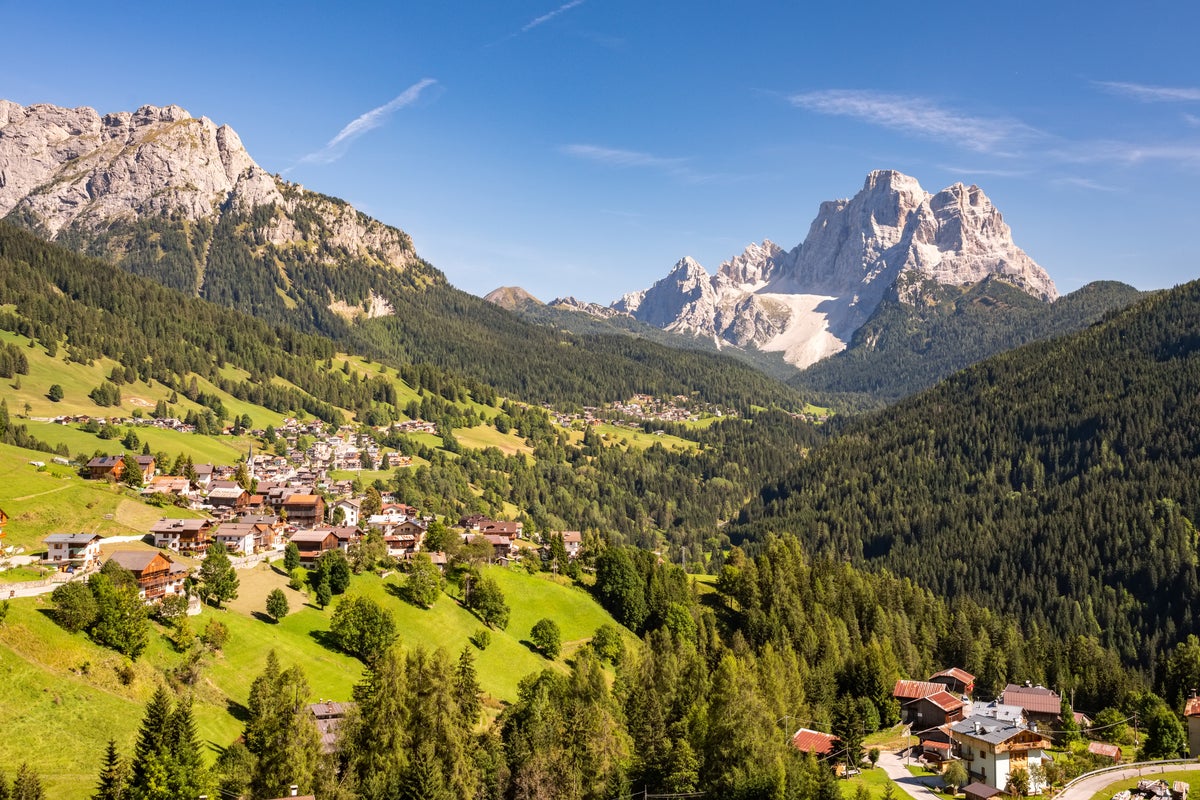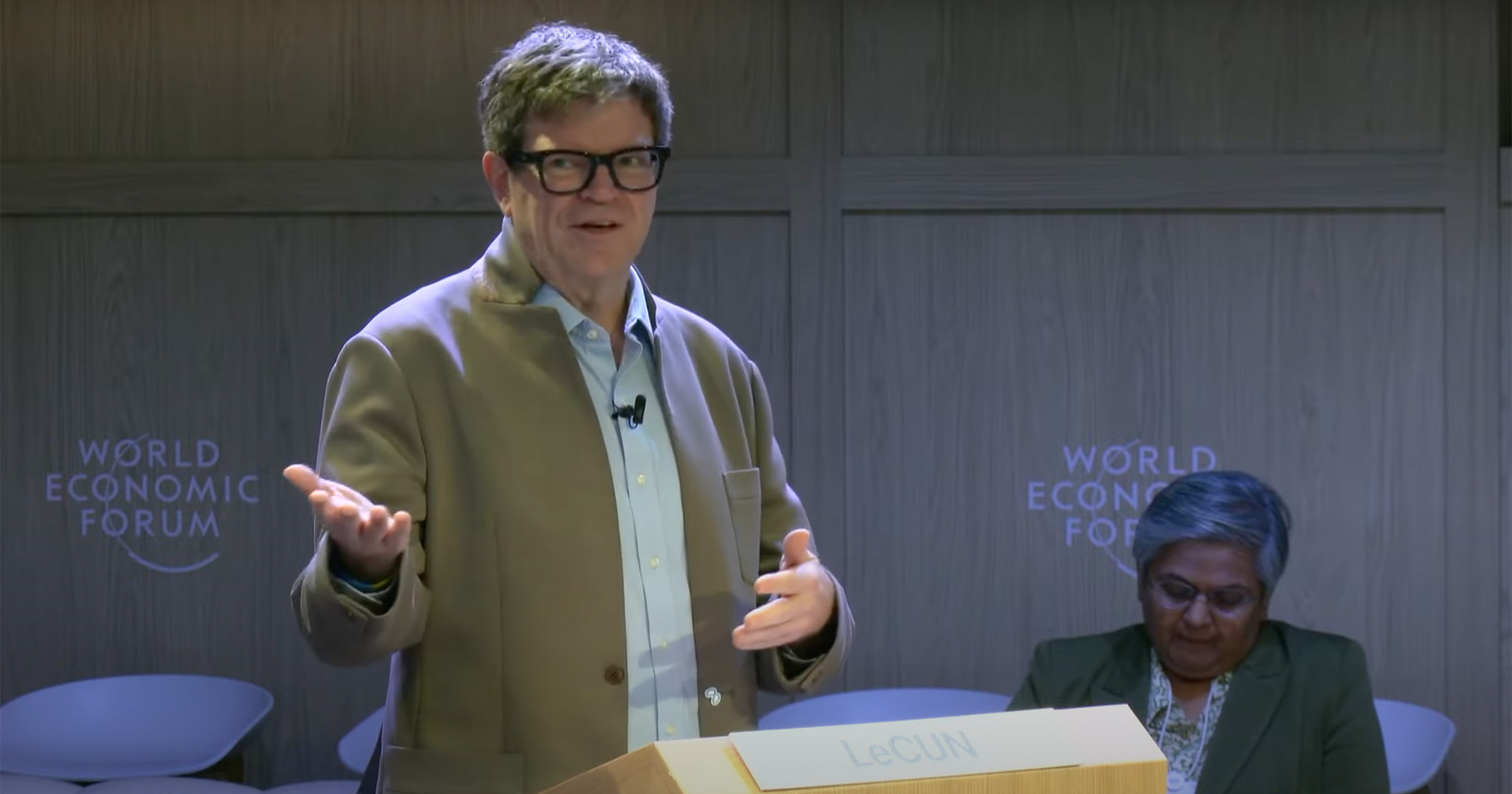This gorgeous Italian region will pay you €100,000 to move there – so what’s the catch?
This area in northern Italy is the latest destination trying to repopulate rural towns

The Italian region of Trentino is offering up to €100,000 (£83,595) for people willing to relocate and renovate abandoned houses in the area.
With vineyards, lakes, ski slopes and hiking in the Dolomites, the northern region is the latest Italian destination to offer a financial incentive to repopulate rural towns with dwindling population numbers.
Abandoned houses outnumber those occupied in the 33 towns currently being considered for the project.
The grant provides €80,000 (£66,879) for renovations and €20,000 (£16,720) towards purchasing an empty property.
With €100,000 to spend, the money should cover up to 40 per cent of the expenses for buying and renovating a building.
There are, however, some major stipulations to the scheme.
To sign up for the deal, residents must promise to live in or rent the property for 10 years or risk having to repay the grant.
Beneficiaries can request contributions for a maximum of three properties in each village and must keep rental prices at a “moderate” rate.
Renovations have a maximum spending restriction of €200,000 (£167,197), so owners cannot spend more than €120,000 of their own funds upgrading a home.
According to CNN, people under 45 who already live in the region are prohibited from applying for the program.
“It is a measure aimed at creating an identity community network in contexts of strong depopulation,” said the Trentino province in a statement.
Maurizio Fugatti, president of Trento, said the “experimental action” is aimed at “strengthening social cohesion in the Trentino area”.
Immobiliare News reported that Trento’s local council has €10 million allocated across two years to support the renovation of homes in these areas.
The final list of eligible municipalities in the scheme is yet to be announced, with towns in Val di Non where depopulation has exceeded 11 per cent expected to be included.
For more travel news and advice, listen to Simon Calder’s podcast

 Tekef
Tekef 
































